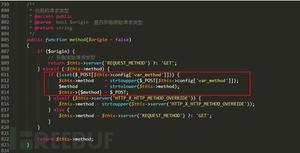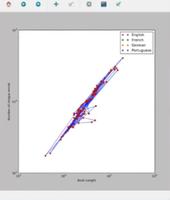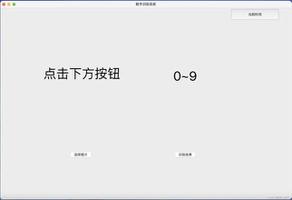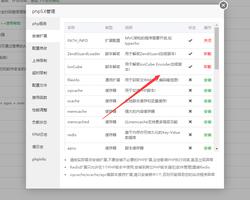Python如何传递任意数量的实参

传递任意数量的实参
形参前加一个 * ,Python会创建一个已形参为名的空元组,将所有收到的值都放到这个元组中:
def make_pizza(*toppings):print("
Making a pizza with the following toppings: ")
for topping in toppings:
print("- " + topping)
make_pizza('pepperoni')
make_pizza('mushroom', 'green peppers', 'extra cheese')
不管函数收到多少实参,这种语法都管用。
1. 结合使用位置实参和任意数量实参
def make_pizza(size, *toppings):print("
Making a " + str(size) + "-inch pizza with the following toppings: ")
for topping in toppings:
print("- " + topping)
make_pizza(16, 'pepperoni')
make_pizza(12, 'mushroom', 'green peppers', 'extra cheese')
运行结果:
Making a 16-inch pizza with the following toppings:- pepperoni
Making a 12-inch pizza with the following toppings:
- mushroom
- green peppers
- extra cheese
相关推荐:《Python相关教程》
2. 使用任意数量的关键字实参
def build_profile(first, last, **user_info):profile = dict()
profile['first_name'] = first
profile['last_name'] = last
for key, value in user_info.items():
profile[key] = value
return profile
user_profile = build_profile('albert', 'einstein', location='princeton', field='physic')
print(user_profile)
形参**user_info中的两个星号让python创建了一个名为user_info的空字典。
以上是 Python如何传递任意数量的实参 的全部内容, 来源链接: utcz.com/z/523793.html








